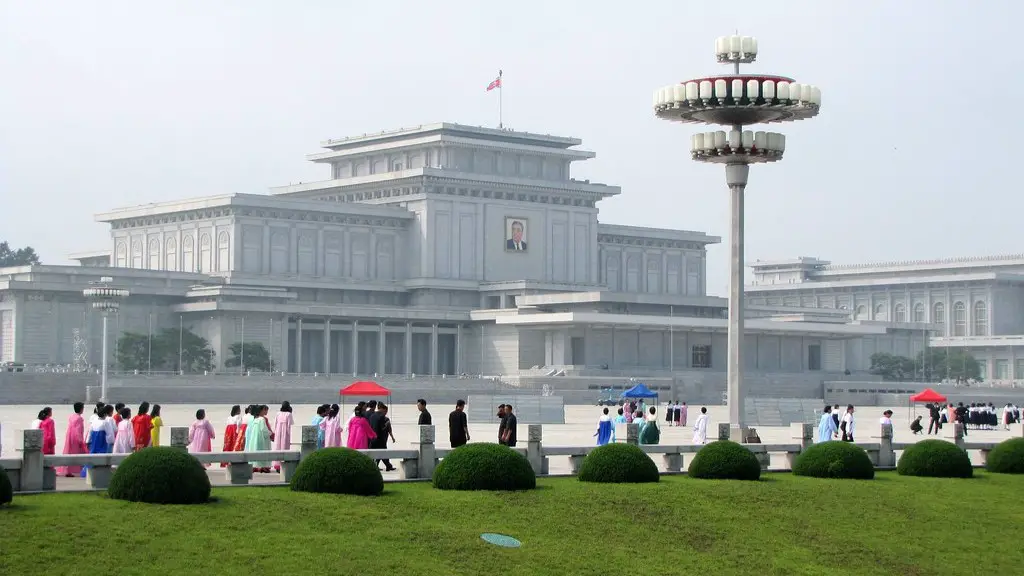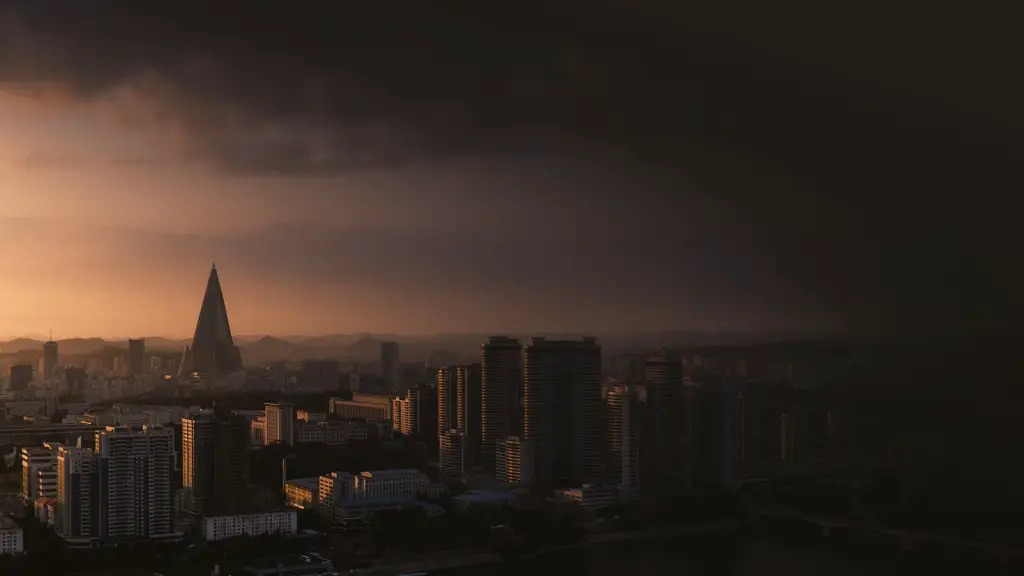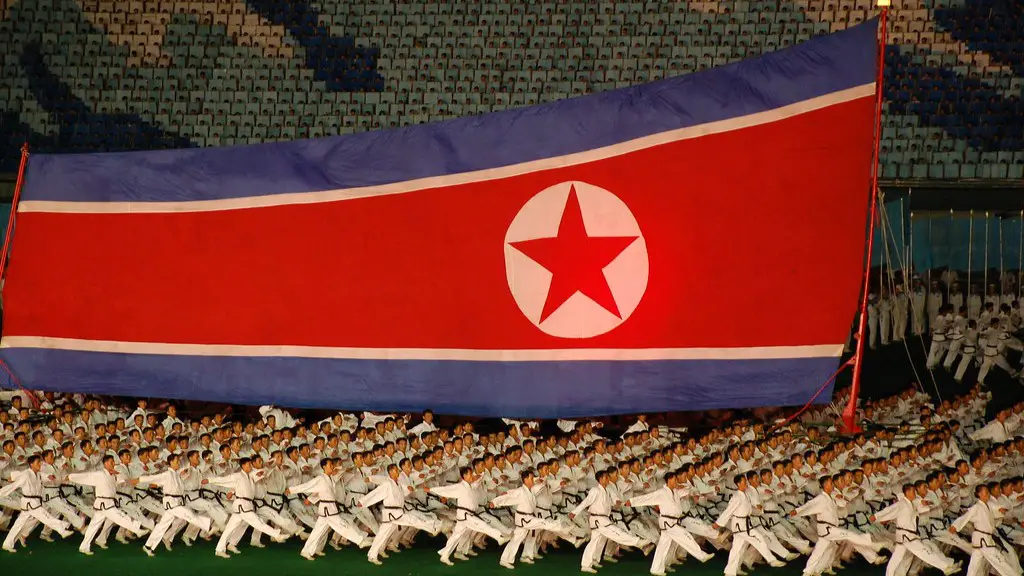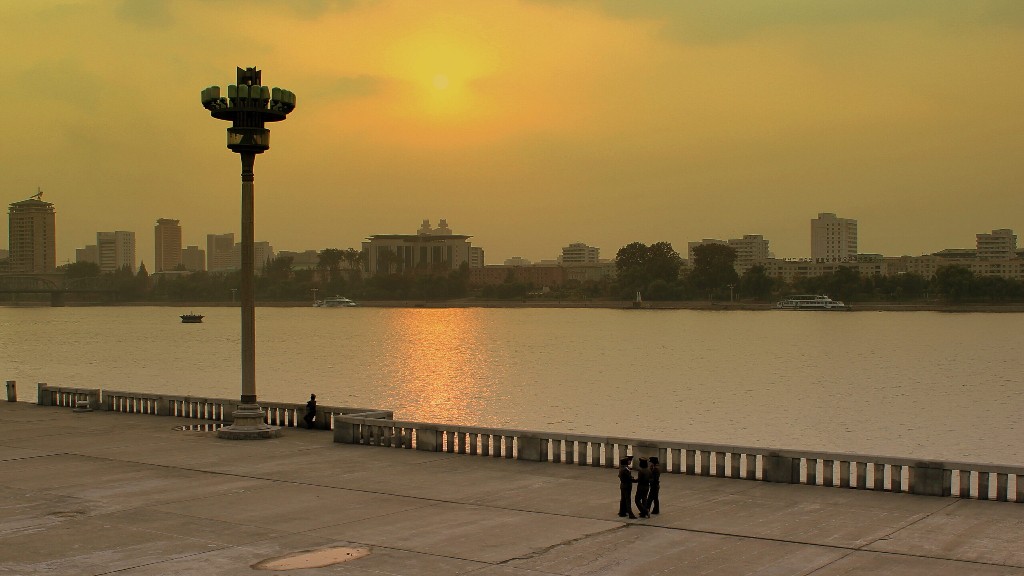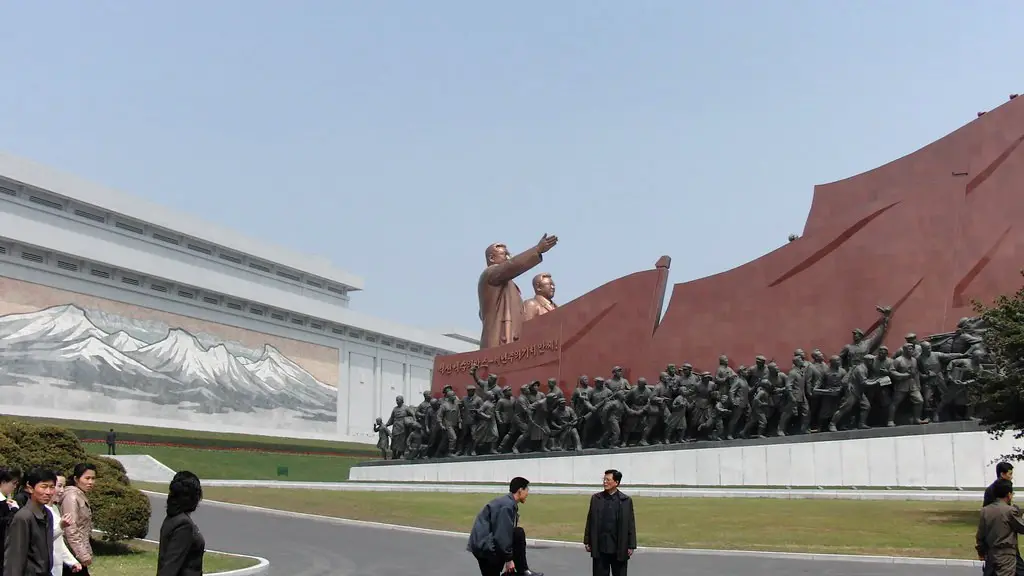Background Information
Otto Warmbier, a then 21-year-old college student, came to the public spotlight in an unexpected way when he was arrested on January 2nd 2016, at the Pyongyang Airport in North Korea. That was the start of a story of immense suffering and tragedy that ended two years later when Warmbier died in June 2018, to the shock of the world and his friends and family.
Born on December 12th, 1994, Otto Warmbier attended the University of Virginia, where he majored in Commerce and minored in Economics. During his stay in Virginia, he attended study tours in Hong Kong and Cuba, prompting his interest for other cultures and countries.
Before visiting North Korea, Warmbier was advised against the trip and was fully aware of the reputation of the country and its government, but despite these warnings, Otto proceeded with his plans and was seen by his professor and classmates smiling during the 15-day tour of the country.
Arrest
On the last day of the tour, Otto Warmbier was accused of stealing a propaganda poster from the walls of the Yanggakdo International Hotel in Pyongyang, his hotel. The involvement of the North Korean government in the alleged activity is unknown.
Despite the lack of evidence of his alleged disease, Warmbier was still sentenced to 15 years of hard labor, amid several reports that he had been coerced and manipulated into giving a ‘confession’.
Meanwhile, the world was unaware of Warmbier’s situation, until he surfaced 17 months later when he was sent back to the United States for alleged humanitarian reasons. Reports about his physical and psychological condition at his arrival shocked the entire world, as he was severely weakened with irreversible brain damage.
Aftermath
In his return to the U.S., the entire country learned the horrific details of Otto’s condition, facing economic sanctions from the United Nations and demands for further investigations into Warmbier’s condition.
In June of 2018, Warmbier passed away leaving friends, family and the public frustrated with unanswered questions regarding the student’s fate.
Reports of physical and mental torture by the North Korean government were soon to follow, despite the lack of a proper investigation. North Korean representatives declared the allegations to be “groundless”, which only further frustrated the world’s lack of understanding of his entire story.
Impact of the Situation
The tragic death of Otto Warmbier shocked the entire international community and even influenced international relations worldwide. United Nations: issued strong economic sanctions against North Korea, with the support of the U.S., China and Russia. Meetings between representatives of the two countries increased after months of relative silence, creating a further divide between North and South Korea.
Moreover, the death of Otto Warmbier prompted the U. S. to urge citizens to refrain from visiting North Korea, while at the same time creating a sense of fear among anyone still willing to continue the tour that took Otto’s life.
On the other hand, these events created a moment of increased international awareness on the policies of the North Korean government and the lack of freedoms that citizens of the country endure in their everyday lives. Multiple debates and discussions about the cruelty of the totalitarian regime emerged in the following months, gripping the attention of the world.
Humanitarian Action from Friends and Family
Amid the trauma, the Warmbier family was adamant about sharing the truth about the incident in order to honour the memory of their son, who had been taken away from them by a cruel and unjust system. They started travelling around the United States and sharing the details of their story and the events that had lead to their tragedy.
The family has also dedicated their time to raising funds and creating initiatives to honour and remember Otto by providing scholarships and distributing ‘Kindness’ boxes in the Cincinnati area, containing items that Otto was fond of.
Moreover, the family is dedicated to continuing their humanitarian cause in the name and memory of Otto, aiming to create a better understanding of the North Korean situation in order to prevent similar tragedies from seizing any other families.
North Korean Prison Conditions
Reports from defectors suggest that North Korean prison or labor camps have undergone no improvement since the imprisonment of Otto Warmbier. Inmates of these camps are subjected to intense physical labor, and due to the poverty and conditions of the camps, inmates are reportedly not supplied with enough food, due to which malnutrition and diseases such as tuberculosis are widespread.
Human rights activists and organizations insist that these intolerable living conditions should no longer be allowed by the international community, as well as the acknowledgement of torture and access to legal assistance for prisoners.
The situation on the ground in North Korea is far more urgent than ever before, with reports of harsher sentences and reformative labor camps being imposed on North Korean citizens as a form of citizen control. This has led to the fear that prisoners may suffer the same fate as Warmbier, and could be kept in detention in order to extract certain favors from other countries.
North Korean Sanctions
Following the fall of Otto Warmbier, the international community responded with increased pressure and stricter sanctions against North Korea. The United Nations Security Council has imposed additional sanctions on North Korea in response to the nation’s recent missile tests and its continued violation of human rights. These sanctions are in addition to the U.S.’s unilateral sanctions which have been placed following President Trump’s visit to the region.
Nevertheless, the effects of these sanctions have yet to be seen and reports from inside the country suggest that the government has managed to circumvent several of the imposed restrictions. The sanctions have also been criticized for causing a greater impact on the civilian population than on the North Korean government, forcing them to live in increasingly desperate conditions.
In addition, most people believe that a heavy-handed approach to North Korea and negotiation alone will not be successful as it will not be enough to change the nation’s policies and behaviours. Therefore, a softer approach should be adopted and maintained, including a dialog free of threats and personal attacks.
International Response
The death of Otto Warmbier has been universally condemned by all countries around the world, including China and Russia who, despite their historical closeness with North Korea, declared their shock in regards to the case.
In addition, all governments have expressed their will to draw attention to what is currently happening in the isolated country. Solutions have been proposed such as educational exchanges and increased diplomatic pressure, but talks between the two countries have been difficult, especially as North Korea is still officially at war with South Korea, amid the continuous missile tests.
Further initiatives that have been proposed include increased collaboration among foreign governments to increase humanitarian aid and international oversight of North Korean prisons, while also providing support to North Korean defectors and refugees.
The Otto Warmbier case has undoubtedly impacted the lives of many around the world, prompting the international community to believe that something must be done to protect those who cannot protect themselves from the oppressive policies of totalitarian governments.
